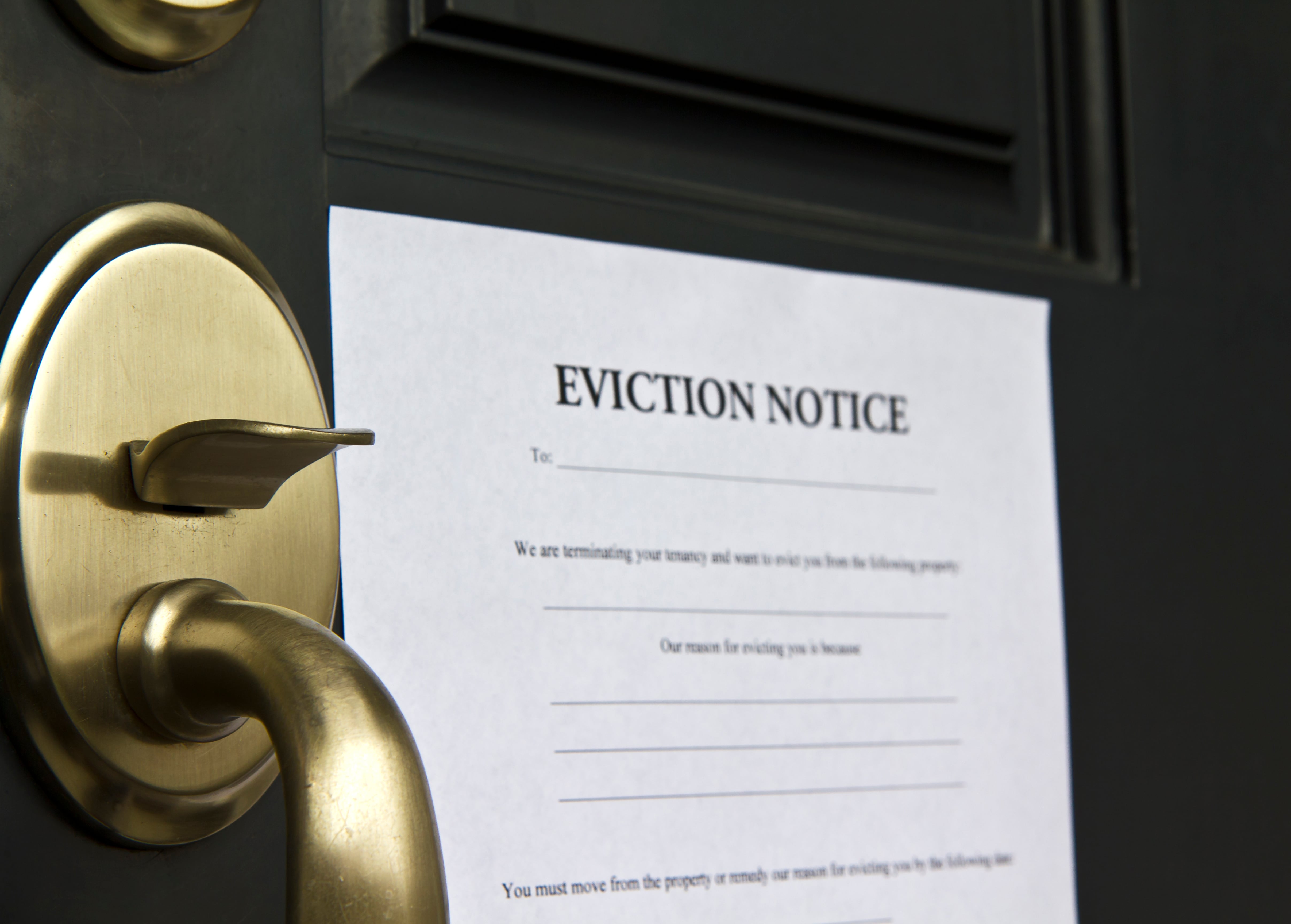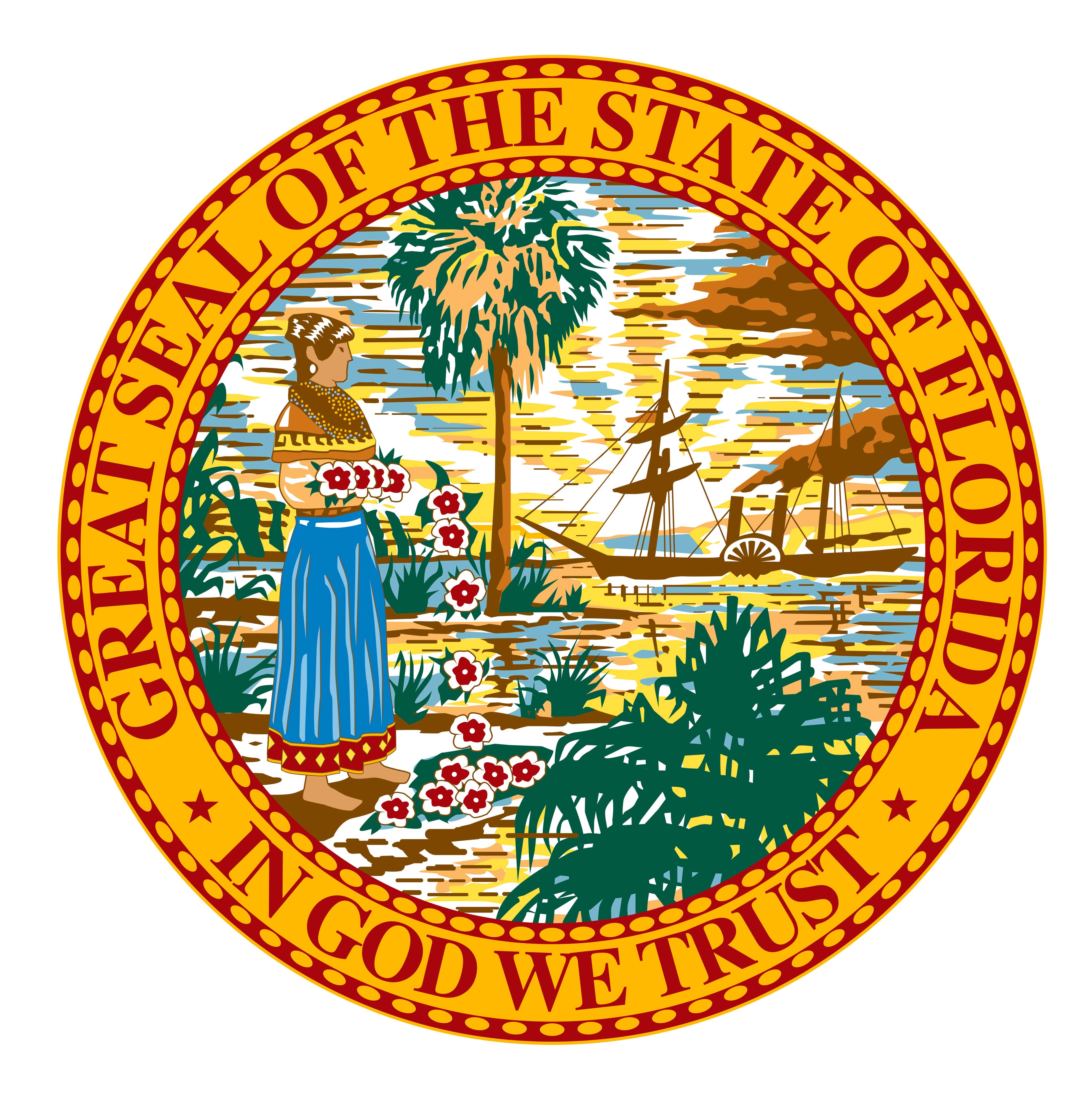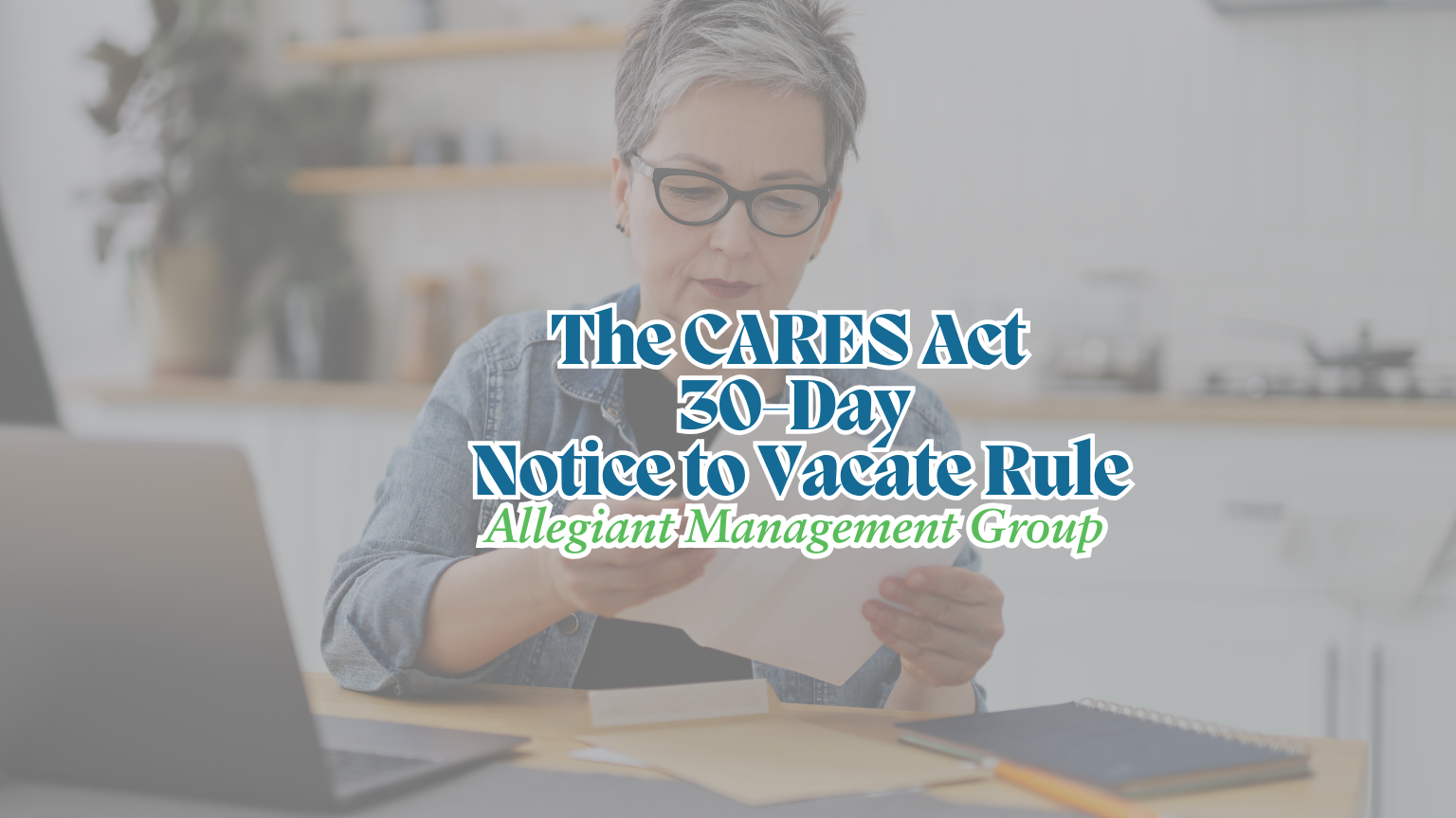Last Updated: September 15, 2025
📌 Table of Contents
- What Is the 30-Day Notice to Vacate Requirement?
- Who Does This Rule Apply To?
- Why Is the 30-Day Notice Rule Still in Effect?
- Implications for Landlords and Property Managers
- Best Practices for Landlords
- What Tenants Need to Know About The CARES Act Provisions
- Florida’s Compliance with the CARES Act 30-Day Notice Rule
- Final Thoughts: Navigating the CARES Act Eviction Notice Rule
- Take Action Today: Ask Congress to Support The Respect State Housing Laws Act
- Need Help Navigating Rental Laws?
- Frequently Asked Questions (FAQs)
The CARES Act 30-Day Notice to Vacate Rule: What You Need to Know

When lawmakers signed the CARES Act into law on March 27, 2020, they added protections for tenants during the COVID-19 pandemic. One key rule is that landlords must give 30 days’ notice before filing for eviction in federally backed properties.
Separate from the coronavirus relief fund. Many people think this rule has expired. However, the final rule still requires a 30-day notice for covered properties.
For property owners, managers, and tenants in the United States, knowing the CARES Act is important. It helps them follow the law and avoid legal issues during evictions.
What Is the 30-Day Notice to Vacate Requirement?

The CARES Act has rules for landlords. If they own federally backed properties, they must give tenants a written notice. This notice must be at least 30 days long. They must meet the requirement before they can evict tenants for not paying rent.
This federal rule is more important than many state laws. While some states allow shorter eviction notices, this rule applies to covered properties. Landlords must give a 30-day notice before starting an eviction.
What Is the 30-Day Notice to Vacate Requirement?
This provision applies to rental properties with financial services that have federally backed financing, including:
✔️ Fannie Mae- and Freddie Mac-backed mortgages
✔️ HUD, VA, or USDA-financed properties
✔️ Low-Income Housing Tax Credit (LIHTC) properties
✔️ Public housing and certain federally subsidized rental programs
If the federal government does not back a property, landlords must follow state and local eviction laws. These laws may require shorter notice periods.
Why Is the 30-Day Notice Rule Still in Effect?

Unlike other parts of the CARES Act that ended, like the federal eviction ban, the 30-day notice rule has no end date. Courts have understood this to mean that the rule stays in effect for covered properties. This is true unless Congress clearly repeals it.
Despite this, some landlords are unaware that this rule stilThis can lead to wrong eviction notices that people can challenge in court.
Implications for Landlords and Property Managers
For landlords and property managers handling evictions in federally backed properties, compliance with the 30-day notice rule is crucial. Failure to follow this requirement can result in:
⚠️ Delayed evictions – Courts may dismiss eviction filings if the proper 30-day notice was not provided.
⚠️ Legal challenges from tenants – Tenants can argue that shorter eviction notices violate federal law.
⚠️ Financial losses – Non-compliance can extend the eviction timeline, increasing costs for landlords.
Best Practices for Landlords

✅ Verify whether your property has federal backing. You can look at your mortgage status or ask a property management company for help.
✅ Provide a clear 30-day notice – Ensure the eviction notice includes the required timeframe before filing with the court.
✅ Follow state and local laws – While federal law mandates 30 days, state laws may impose additional tenant protections.
What Tenants Need to Know About The CARES Act Provisions

For renters in federally backed properties, the 30-day notice requirement remains an important protection. If you receive an eviction notice for non-payment of rent, you should:
📌 Verify your property’s status – If your rental falls under the CARES Act, ensure you are given the full 30-day notice.
📌 Understand your rights – Consult local tenant advocacy groups or legal resources to challenge improper notices.
📌 Communicate with your landlord – If you’re struggling with rent, discussing payment plans may help avoid eviction.
Florida’s Compliance with the CARES Act 30-Day Notice Rule

In Florida, landlords of federally backed properties must give 30 days’ notice before starting an eviction for unpaid rent. This rule is part of the CARES Act.
This replaces Florida’s usual 3-day notice for covered properties. Not following this may lead to eviction case dismissals or penalties from the inspector general.
Landlords should verify their mortgage status to ensure proper notice periods. If a rental does not receive federal backing, Florida’s 3-day eviction notice applies. Tenants in covered properties can challenge evictions when landlords do not provide the required 30-day notice.
To avoid legal issues, landlords should follow both state and federal laws or consult a property management professional.
Final Thoughts: Navigating the CARES Act Eviction Notice Rule
The 30-day notice to vacate rule from the CARES Act still applies to federally backed rental properties. Small business landlords must follow this rule to avoid legal issues.
Landlords and property managers must stay updated on eviction laws. This includes federal, state, and local rules. It is important for a fair and legal leasing process.
For tenants, understanding your rights under the CARES Act can give you time. This time can help you find housing assistance or solve problems before eviction.
Take Action Today: Ask Congress to Support The Respect State Housing Laws Act
On February 6, 2025, lawmakers in the House and Senate reintroduced the Respect State Housing Laws Act (S. 470/H.R. 1078). This federal proposal aims to remove the CARES Act’s notice to vacate requirement.
Led by Representatives Barry Loudermilk (R-Ga.-11) Vicente Gonzalez (D-Texas-34) and Senators Bill Hagerty (R-Tenn.) and Cindy Hyde-Smith (R-Miss.) support the bill.
This bill aims to give eviction notice rules back to the states. It ensures local governments can control their housing policies.
The National Association of Residential Property Managers supports this bill.
🚨🚨🚨🚨Please click here to take action today to ask Congress to support the Respect State Housing Laws Act! 🚨🚨🚨🚨
Need Help Navigating Rental Laws?
At Allegiant Management Group, we focus on property management in Florida. We make sure to follow state and federal rules, including the CARES Act 30-day notice rule. If you’re a landlord or investor unsure how this impacts your rental, we’re here to help.
We provide expert help and support. We make eviction processes, background checks (credit scores) lease enforcement, and tenant management easier to protect your investment. Stay compliant and avoid costly legal mistakes. Contact us today to ensure your rental property operates smoothly and legally.
Watch our video overview on the Cares Act NTV Requirement.
Frequently Asked Questions (FAQs)
What is the CARES Act 30-day notice to vacate rule?
The CARES Act says that landlords with federally backed properties must give tenants a 30-day notice to leave. They must obtain this notice before they can file for eviction due to nonpayment. This rule applies to properties with FHA, VA, USDA, Fannie Mae, or Freddie Mac financing. It stays in effect even though the eviction moratorium has ended.
Does the 30-day notice rule apply to all rental properties?
No, the 30-day notice rule from the CARES Act only applies to rental properties backed by the federal government. This includes FHA, VA, USDA, Fannie Mae, and Freddie Mac. Private landlords without federal financing follow state and local eviction laws, which may require shorter notice periods.
Is the CARES Act 30-day notice rule still in effect?
Yes, the CARES Act 30-day notice rule still applies to federally backed properties. This is true even though the larger eviction moratorium ended in 2021. Courts have different rules. However, landlords of FHA, VA, USDA, Fannie Mae, or Freddie Mac properties must give a 30-day notice before eviction.
What happens if a landlord does not provide 30 days’ notice?
If a landlord fails to provide the required 30-day notice under the CARES Act, the court may dismiss the eviction case. Tenants can use this violation to defend themselves. Landlords may need to start the eviction process again with proper notice. Enforcement varies by jurisdiction.
How can landlords check if their property is federally backed?
Landlords can check if their property is federally backed by reviewing mortgage documents, contacting their loan servicer, or searching databases like Fannie Mae and Freddie Mac lookup tools. Properties with FHA, VA, or USDA loans are also federally backed.
Does the CARES Act protect tenants from all evictions?
No, the CARES Act only protects tenants in federally backed properties from eviction for nonpayment of rent. It does not cover evictions for lease violations or criminal activity. The Act’s eviction moratorium expired, but some protections may still apply through state or local laws.
Do state laws override the 30-day notice rule?
Yes, state and local goverments can override the CARES Act 30-day notice rule if they provide greater tenant protections. If state laws allow shorter notices, landlords must still give a 30-day notice before eviction. This rule applies to federally backed properties when there is nonpayment.
Does this rule apply to lease terminations or only evictions?
The CARES Act 30-day notice rule applies only to evictions for nonpayment of rent in federally backed properties. It does not apply to lease terminations for other reasons. This includes lease expiration or violations not related to rent payment.
Can landlords charge late fees under the CARES Act?
No, the CARES Act stopped landlords with federally backed properties from charging late fees. They could not impose penalties for not paying rent during the eviction freeze. However, this protection has expired, and landlords can now charge late fees unless restricted by state or local laws.
What should tenants do if they receive an eviction notice for less than 30 days?
Tenants should verify if the property falls under CARES Act protections, check state and local eviction laws, and immediately contact a tenant rights lawyer. If the notice violates legal requirements, tenants can file a formal response or motion to dismiss in court.
Is an FHA loan federally backed?
An FHA loan is federally backed because it is insured by the Federal Housing Administration, a government agency. This insurance protects lenders against borrower default and qualifies the property for protections under laws like the CARES Act.
Disclaimer: This content is for information purposes only and does not constitute legal advice. For specific guidance, consult a licensed real estate attorney.



